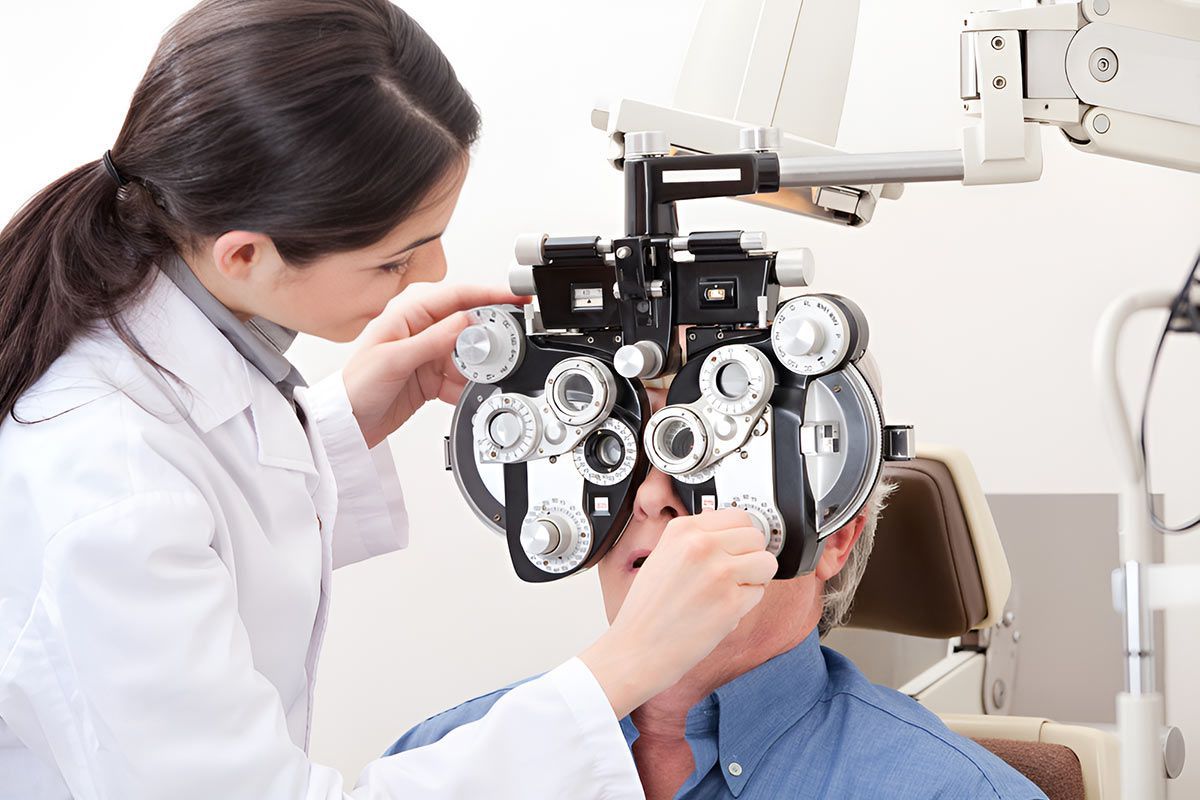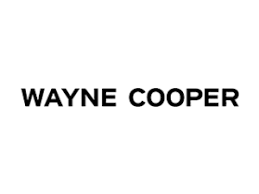Eye Exam in Cairns
Check your Vision
Eyedentity Optical provides thorough vision assessments in Cairns, Tully, and Cooktown, supporting eye health for individuals of all ages. Whether you need a routine check-up, an updated prescription, or an assessment for potential eye conditions, our clinic offers tailored care to meet your needs.
An eye exam plays an important role in detecting issues such as glaucoma and cataracts while also assessing vision clarity. Our team provides assessments for glasses and contact lenses, helping clients find suitable solutions for work, study, and daily activities.
With a focus on personalised care, Eyedentity Optical serves the local community through its conveniently located practices. As an independent provider, we offer a wide selection of frames not commonly found in chain stores. Our clinics also process private health fund claims and support pension, concession, and DVA spectacle supply schemes.
Call (07) 4033 7575 today to book an eye exam in Cairns, Tully, or Cooktown.
Complete eye Care
When you book an eye exam with us, we take the time to assess your vision and overall eye health. Here’s what makes our service different:
- Comprehensive Testing – We assess vision clarity and check for potential eye conditions, including glaucoma and cataracts.
- Personalised Solutions – We guide you on the best options for your prescriptions, lifestyle, and eyewear preferences.
- Advanced Equipment – We use modern diagnostic tools to support accurate assessments for prescriptions and overall eye health.
- Multiple Locations – We provide accessible eye care services in Cairns, Tully, and Cooktown.
- Independent Provider – Our range includes unique, fashionable frames not commonly found in chain stores.
- Health Fund Support – We offer on-the-spot claims for private health insurance, pension, concession, and DVA spectacle supply schemes.
- Community Focused – We are committed to serving locals by offering a welcoming and supportive approach to eye care.
Call (07) 4033 7575 today to book an eye exam in Cairns, Tully, or Cooktown.
Frequently Asked Questions
-
How often should I have an eye exam?
It’s recommended to have an eye exam every two years, even if there are no noticeable vision changes. For those who wear glasses or contact lenses, or have a medical condition that affects eyesight, more frequent check-ups may be necessary. Regular eye exams help detect potential concerns such as glaucoma or cataracts. If there are sudden changes in vision, frequent eye strain, or recurring headaches, scheduling an appointment sooner can help identify possible causes. Children, seniors, and those with existing eye conditions may also benefit from more frequent assessments to monitor their vision health over time.
-
How can I prepare for an eye exam?
Bringing current prescription glasses or contact lenses to an eye exam is helpful for comparison. Noting any recent changes in vision, eye discomfort, or specific concerns can assist in assessing eye health accurately. Some exams may involve eye drops that temporarily blur vision, so arranging transportation if needed is a good idea. If using contact lenses, wearing glasses instead on the day of the appointment may be advised to allow for an accurate assessment of the eyes. Being prepared with questions about vision, eyewear options, or concerns can also make the most of the appointment.
-
What are common signs that I may need an eye exam?
Blurred vision, difficulty reading small text, frequent headaches, eye strain, and trouble seeing at night are common signs that an eye exam may be needed. Other indications include double vision, increased sensitivity to light, and difficulty focusing on objects at different distances. Even without noticeable symptoms, regular eye exams help detect underlying conditions that may not cause immediate discomfort. Those who spend long hours looking at screens, drive frequently at night, or have a family history of eye conditions may benefit from more frequent assessments to monitor their vision health.
Partners
Site links
Locations we service
WHAT WE DO
Trading Hours
- Monday
- -
- Tuesday
- -
- Wednesday
- -
- Thursday
- -
- Friday
- -
- Saturday
- -
- Sunday
- Closed
Contacts
T. 07 4033 7575
Tully Practice: Shop 7/28 Butler Street. Only open on Friday's fortnightly.
Please call 07 4033 7575 to book an appointment
Cooktown Practice: 21 Baird Road, Cooktown. Please call
07 4033 7575
to book an appointment
ABN: 82 978 825 524
Diploma of Applied Science (Optometry)
Member of Optometry Australia









